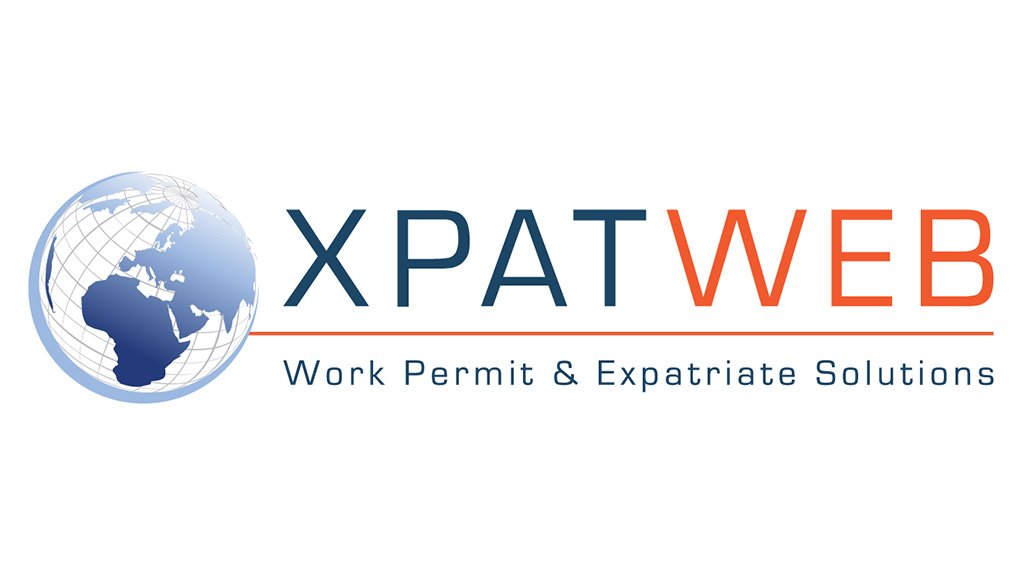On 9 October 2024, South Africa introduced its Third Amendment to the Immigration Regulations, modernising the system to attract global professionals. A key highlight is the new Remote Work Visa, allowing Digital Nomads to live in South Africa while remaining in the employ of foreign companies. This visa positions South Africa as the fourth African country to welcome digital workers, following Mauritius, Namibia, and Cape Verde.
Remote Work Visa: Boosting Economic Growth
This visa allows remote workers to contribute to the local economy without taking local jobs. Their spending on goods and services benefits sectors like tourism, hospitality, and real estate, particularly in cities such as Cape Town and Johannesburg. By capitalising on South Africa’s attractive lifestyle and affordable living costs, the visa positions the country as a desirable destination for remote workers, who can inject foreign capital into the economy.
According to studies on the successful programs in Portugal and Croatia, who had successfully implemented remote work programs in October 2022 and January 2021 respectively, it has been seen that long-term visitors often spend more than short-term tourists, driving growth in local businesses
Points-Based System: Ensuring Fairness and Transparency
In addition to the Remote Work Visa, the Amendment introduces a points-based system for General Work Visas, evaluating applicants based on qualifications, work experience, salary, and language proficiency. Unlike the Critical Skills Work Visa category, which specifically addresses skills shortages, the points-based system applies more broadly, aiming to attract a wide range of talent who can contribute to South Africa’s businesses.
Crucially, the points-based system promotes transparency and fairness in visa adjudication, reducing opportunities for corruption. By offering a structured and objective evaluation, the system ensures that applications are assessed based on clear and measurable criteria. This shift is particularly significant for the Department of Home Affairs, which has faced challenges related to inefficiency and irregularities. Through this new framework, the government aims to restore trust in its immigration processes while aligning with global best practices.
Insights from Xpatweb’s Webinar
The significance of these changes was further highlighted during a well-attended webinar hosted by Xpatweb on 17 October 2024. Marisa Jacobs, Managing Director, explained the importance of these changes for businesses and professionals. The Remote Work Visa and points-based system will simplify the process for companies to attract international talent and streamline compliance. The reforms, she noted, aim to foster transparency and economic collaboration.
Looking Ahead
These immigration reforms position South Africa as a destination for global talent, benefiting businesses by providing access to a wider talent pool and aligning with international best practices. The new system promotes transparency and opens new pathways for professionals and companies to thrive in South Africa.
Written by Xpatweb
EMAIL THIS ARTICLE SAVE THIS ARTICLE ARTICLE ENQUIRY
To subscribe email subscriptions@creamermedia.co.za or click here
To advertise email advertising@creamermedia.co.za or click here











